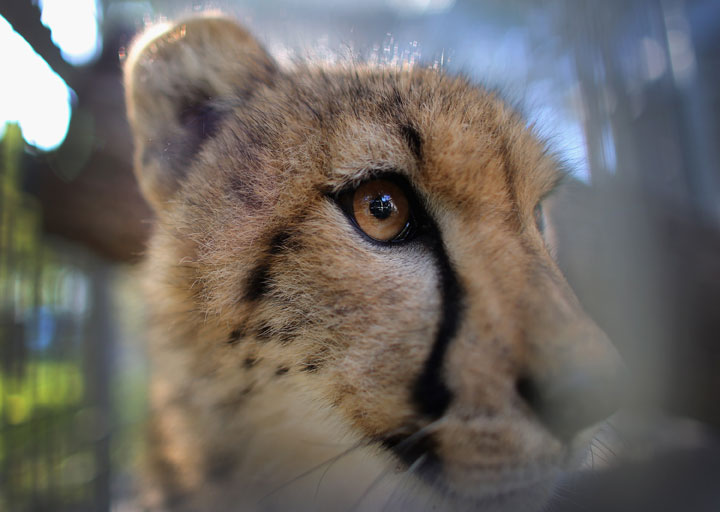LONDON – The world’s fastest land animal, the cheetah, is in danger of extinction because it is running out of space, research led by the Zoological Society of London (ZSL) has found.

After a sharp decline in numbers there are now just 7,100 cheetahs in the world, or 9 per cent of the historic range, the ZSL, Wildlife Conservation Society and Panthera study found.
READ MORE: Monarch butterfly and caribou populations could be listed as endangered
In Zimbabwe, the study found, these pressures have seen the cheetah population plummet 85 percent from 1,200 to at most 170 animals in just 16 years.

Get daily National news
Wildlife experts are calling for the big cat to be rated “endangered”, up from “vulnerable” among threatened species, to give it greater environmental protection.
READ MORE: Calgary zoo launches partnership to save lemurs
Capable of sprinting up to 75 miles per hour in short bursts, the cheetah is notoriously secretive and information on its status had been difficult to gather, meaning its predicament had been overlooked, the study said.
“Our findings show that the large space requirements for cheetah, coupled with the complex range of threats faced by the species in the wild, mean that it is likely to be much more vulnerable to extinction than was previously thought,” said Dr Sarah Durant, who is leading thecheetah conservation programme.
The study said that cheetahs were vulnerable to several dangers such as prey loss due to overhunting, habitat loss and illegal trafficking. Added to that, more than three-quarters ofcheetahs live outside protected wildlife areas and, because they roam wide, are more vulnerable.







Comments